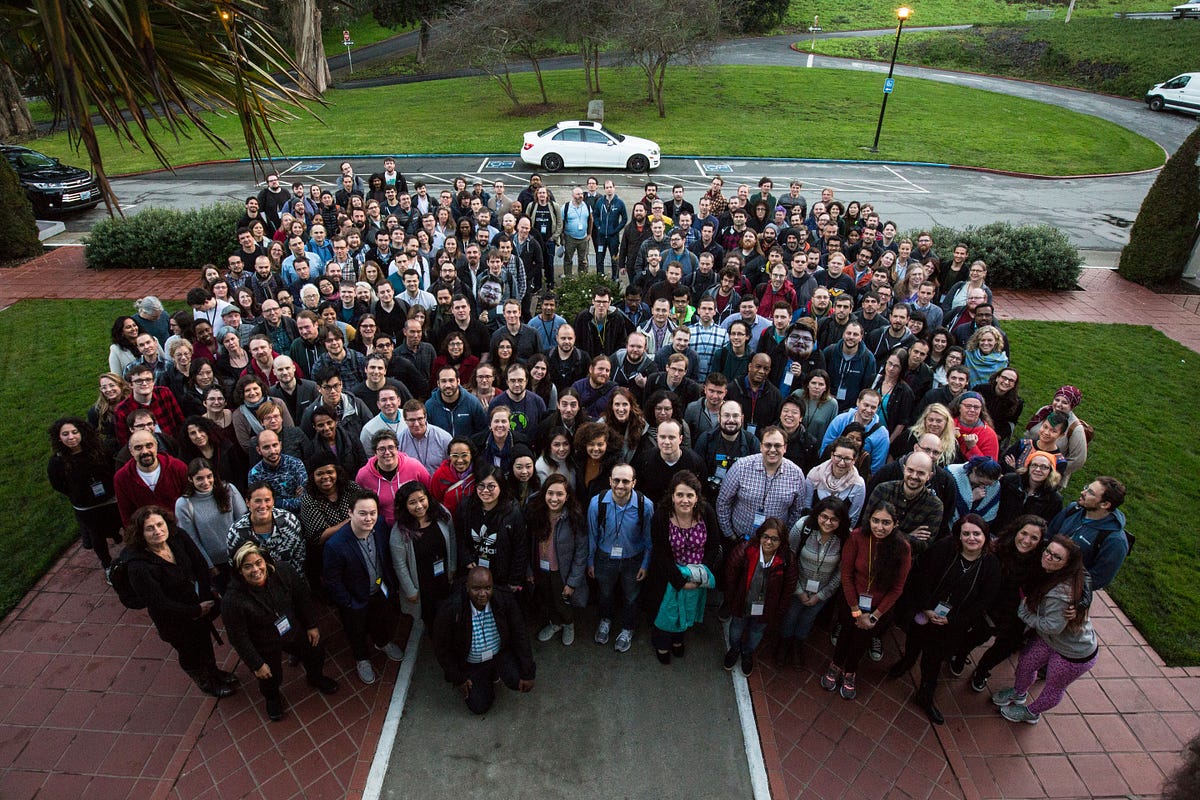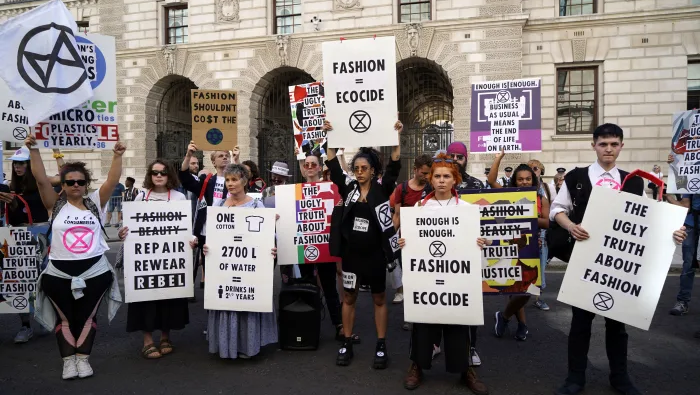The Flaws of Fast Fashion
People protest against the fast fashion industry, which has come under scrutiny by environmentalists.
October 28, 2022
The increasing popularity of the fast fashion industry is causing global, environmental and social ramifications. The fast fashion market is low-cost clothing production to keep up with the latest trends. If the industry continues with this rapid manufacturing method, there will be an escalation of 50% in greenhouse gas emissions within a decade, according to the Princeton Student Climate Initiative.
With the growing micro-trends, people are going through their clothes faster than ever. Internationally, consumers purchase 80 billion new pieces of clothing yearly, and 57% end up in landfills, according to the University of Queensland Australia. A consequential amount of purchasers tend to replace their clothing once a new trend comes along. Instead of looking for long-lasting statement pieces, consumers are looking for cheap and in-style apparel to keep up with the fads.
One piece of synthetic fabric can develop more than 1900 microplastic fibers in one washing machine cycle, a report said. Approximately 35% of all microplastics in the ocean come from the laundering of synthetic materials. According to The University of Queensland, Recycling and Waste Minimisation Project, the clothes that make up fast fashion are from synthetic fibers such as polyester, nylon, acrylic, and other types of plastic made from petroleum. These fibers can take up to a thousand years to biodegrade. Plastic microfibers cannot be detached, and as a result, aquatic life ends up being affected. Through aqua life, it makes its way into the human food chain, which causes many adverse health effects.
Additionally, this industry is problematic due to the abundant use of illegally managed sweatshops. According to an article in Medium.com, 85% of the 4 million garment workers are women, and in Bangladesh, they are paid the lowest wage anywhere in the world at less than $3 per day. Textile workers are subjected to working 14 to 16 hour days, seven days a week. The alarming circumstances have resulted in many casualties. The Fashion Law reported that 20 factories in Bangladesh have been discovered at risk of collapsing.
Privilege comes with responsibility. A big step in curbing the effects of fast fashion is to be a mindful and conscious consumer. There are many alternative options opposing fast fashion. Some examples are supporting local thrift stores, donating, learning to repair and repurpose old clothes, buying long-lasting clothes and purchasing from ethical and sustainable brands.





















